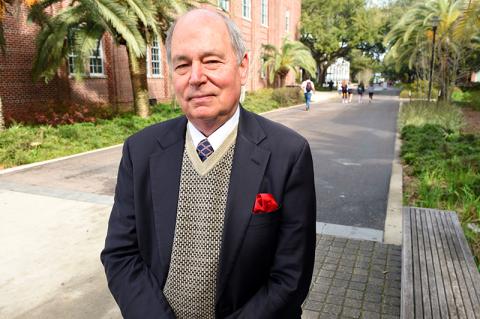The Conversation: Venezuelan sanctions could cut US refinery output

Eric Smith, professor of practice and interim executive director of the Tulane Energy Institute, contributed an article to The Conversation about the unintended consequences of U.S. sanctions intended to put pressure on the government headed by Venezuela's Nicolás Maduro.
Even if U.S. refineries do eventually replace Venezuelan oil, the odds are that crude will come from farther away and cost more. That would, in turn, make diesel cost more, increasing the cost to consumers for everything from food to furniture and flat-screen TVs.
To read the article in its entirety, visit theconversation.com:
Interested in advancing your education and/or career? Learn more about Freeman’s wide range of graduate and undergraduate programs. Find the right program for you.
Other Related Articles
- De Franco appointed Keehn Berry Chair of Banking and Finance
- The Wall Street Journal: For Trump, the Warner Megadeal Talks Are All About CNN
- Research Notes: Matthew Higgins
- New Goldring Institute director hopes to expand international partnerships
- New study shows how personal profiles transform social media customer service
- Research Notes: Shuhua Sun
- Newsweek: The Real Cost of Layoffs Isn’t In the Financials
- Research Notes: Yang Pan
